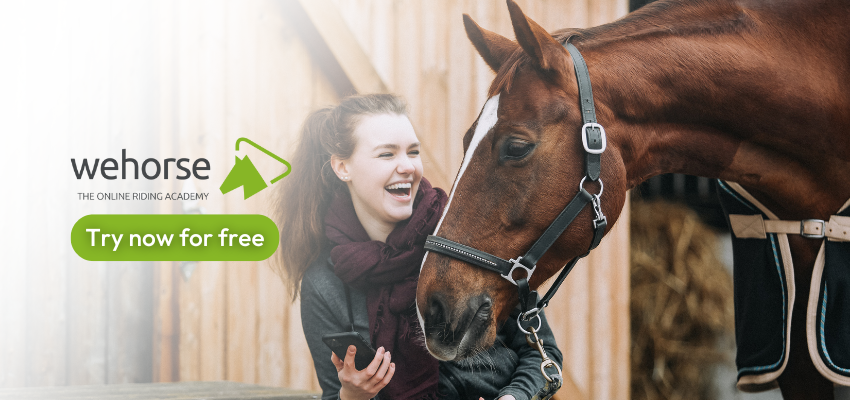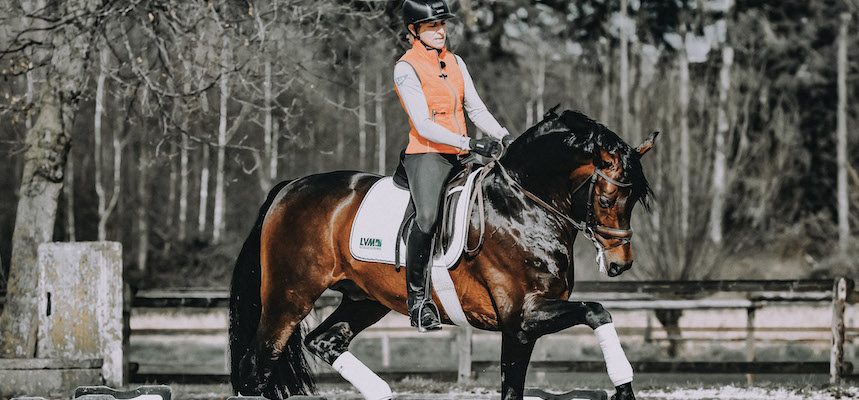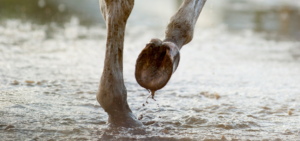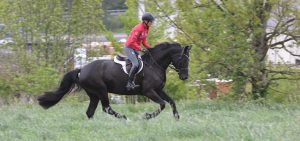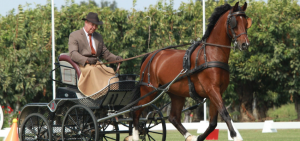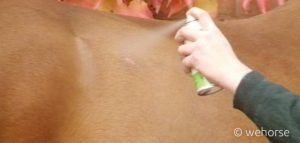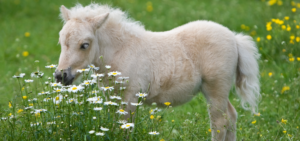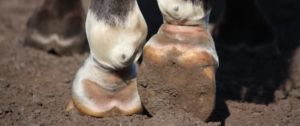Ingrid Klimke is a revered Olympic medalist and has received countless prizes and awards for her successes and accomplishments. Also, Ingrid Klimke is renowned worldwide for her success in both eventing and dressage at the highest levels.
But how can this be accomplished? What are the secrets of her training success? Read on to find out.
Table of Contents:
Secret #1: Targeted basic work equals big results
Ingrid Klimke teaches that basic, daily work is not glamorous or spectacular. The key to big results in riding is to practice basic work regularly. It can be tempting to work on the big movements, but the small work often becomes the big work. And the big movements can’t come without consistent, well-developed small ones.
Some of Ingrid Klimke’s favorite exercises to work on basic gaits are cavalettis. Ingrid regularly incorporates cavaletti training for her horses and is known for her creative exercises for everything from collecting the canter to improving the walk. Do you want to discover the magic of cavalettis? Then take a look at our website and experience the benefits of cavaletti training with expert guidance.
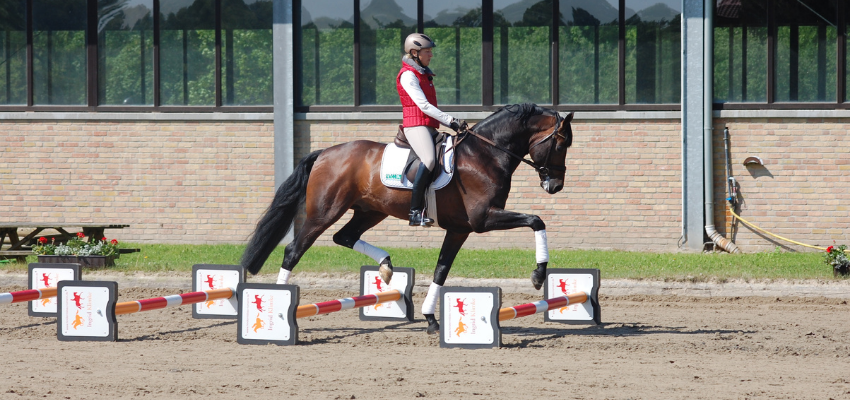
Secret #2: The rider must remain calm & focused
One thing is always obvious: Ingrid Klimke’s relaxed attitude during work. This is instrumental in her success in bringing along young horses that need a confident, calm, and steady rider. Ingrid stays focused and deals with problems as they arise.
In our course called “Just Paul – First Years of Training for the Young Horse” you get to watch a documented study of Ingrid bringing a young horse along. She thoroughly explains her systematic approach for mastering everything from the first strides under saddle to the first trail rides, small jumps, riding outside and in windy conditions, correct contact, and the first show.
Ingrid’s advice: Don’t avoid situations; face them. And if it goes okay, do something else right away so that you don’t lose momentum!
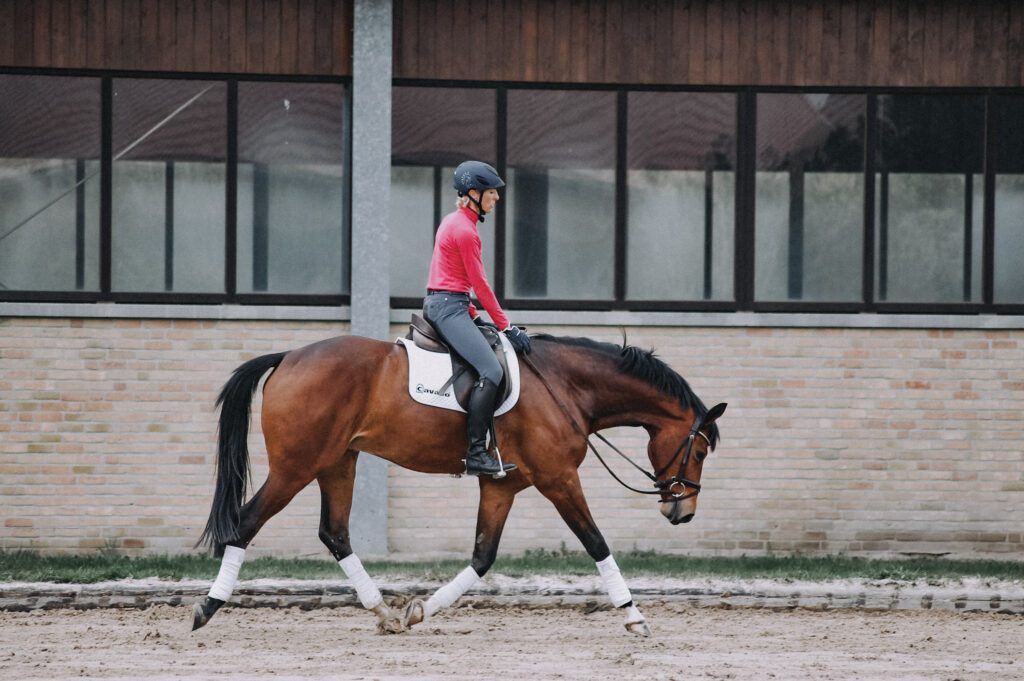
Secret #3: A correct rider’s seat is the most important basis
The seat is the key to being able to ride at all with fine aids. Ingrid Klimke is known for her good seat and riding aids; she does not rely on lots of gear to put her into position, but on training herself to use her seat effectively through cross-training and stirrup-less work.
If there is one thing to invest in for your training, invest in your seat. Check out our website for versatile exercises and helpful tips to perfect your seat.
In addition to having a good trainer giving you regular feedback, self-reflection is an inevitable part of becoming the rider your horse needs you to be. While riders at a high level of competence act to a large degree subconsciously, the rider always needs to know exactly why s/he is doing what. For Ingrid Klimke and Dr. Britta Schöffmann, that’s the underlying principle for good and horse-friendly riding.
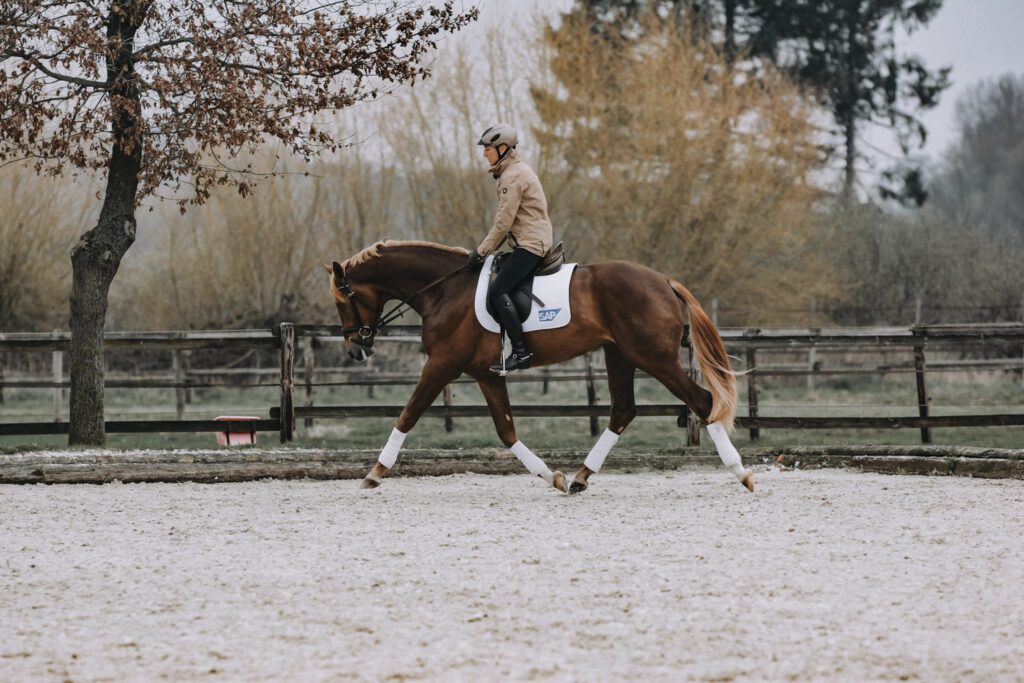
Ingrid Klimke also believes in offering a variety to every horse during their basic training, regardless of the discipline they will specialize in later. A combination of dressage, cavaletti, cross country, or outdoor exercises is her recipe for training her horses successfully and, later on, enhancing their abilities up to the highest levels of competition.
Discover here Ingrid Klimke’s preferred exercises to enhance your riding and achieve excellence in equestrian sport.
